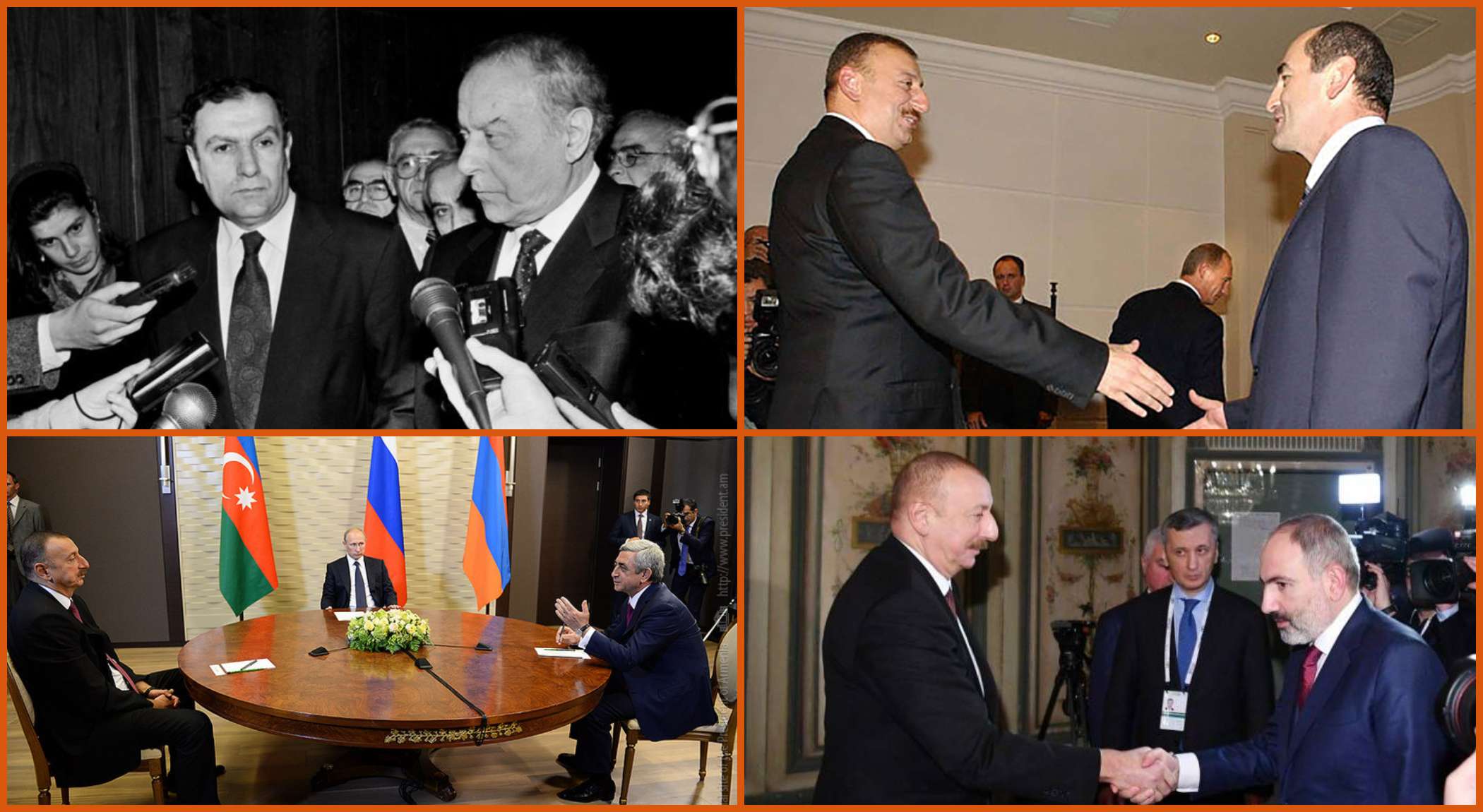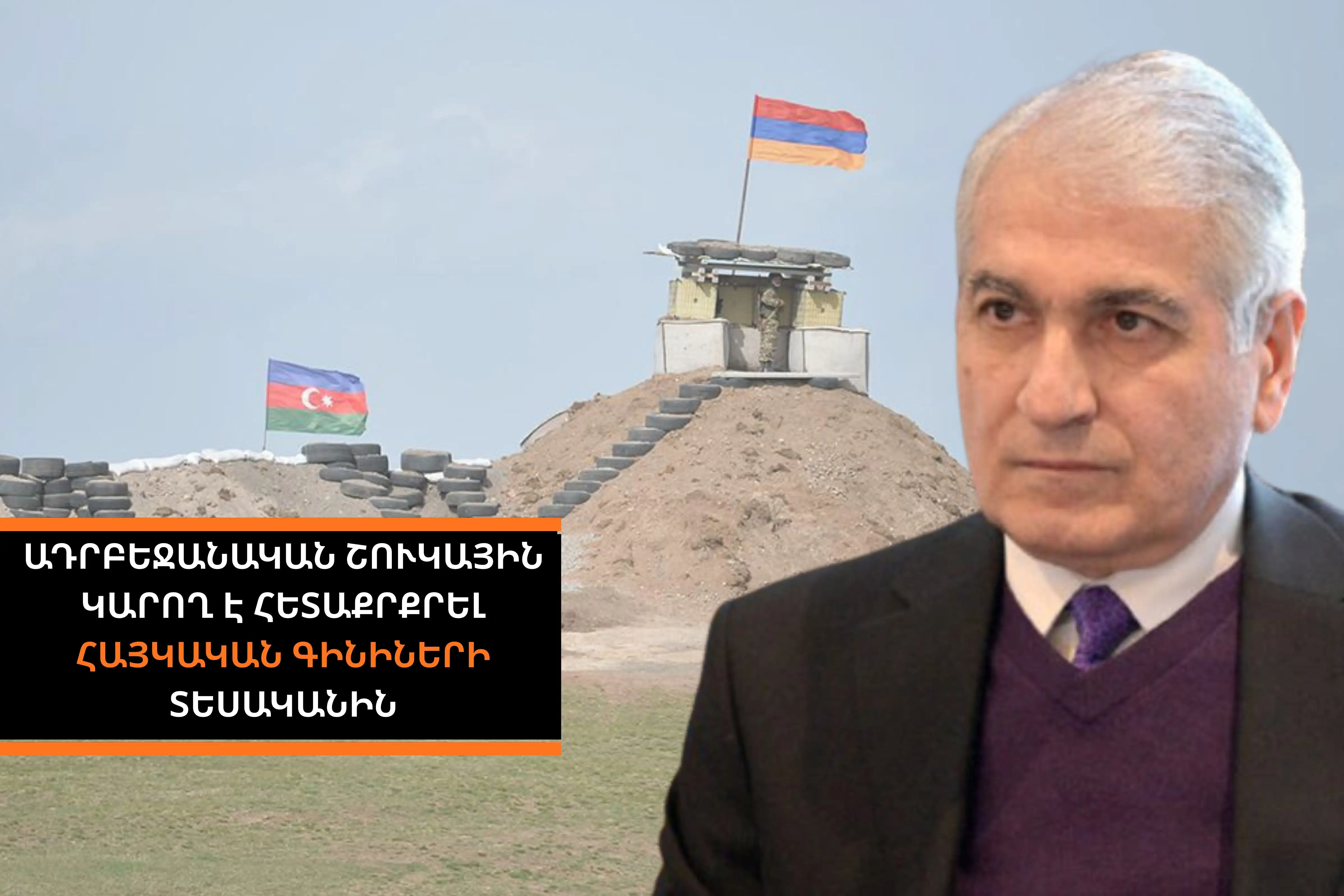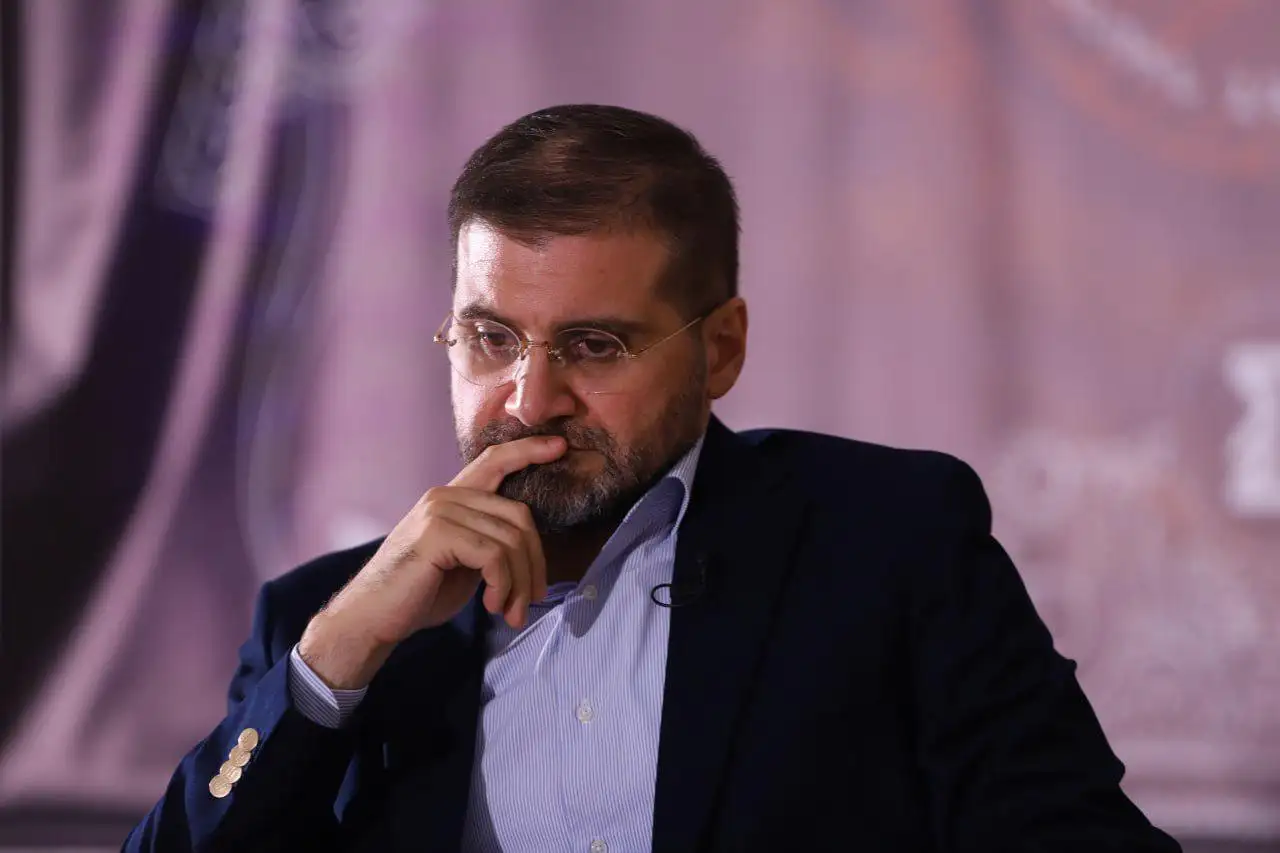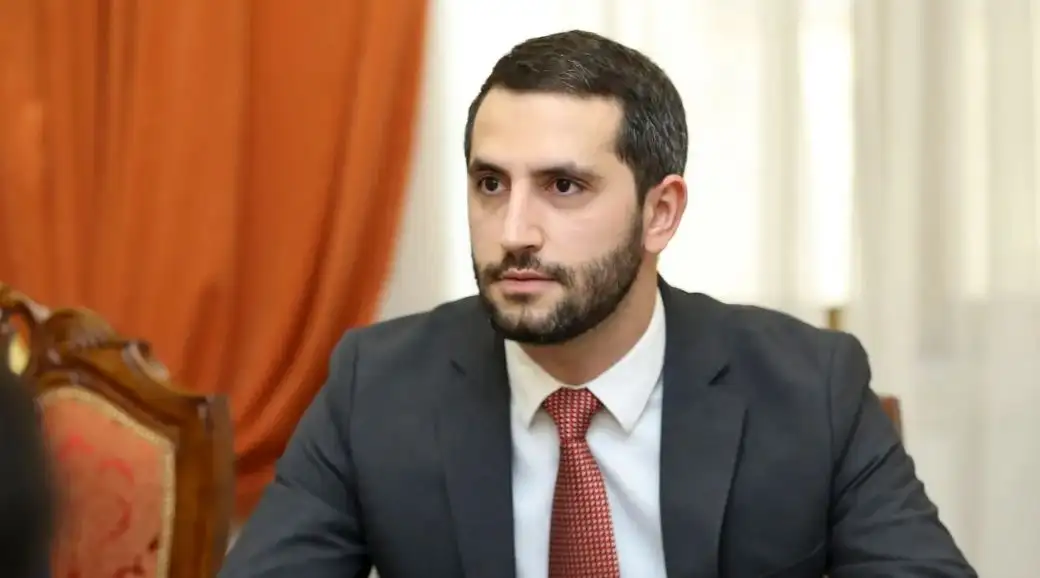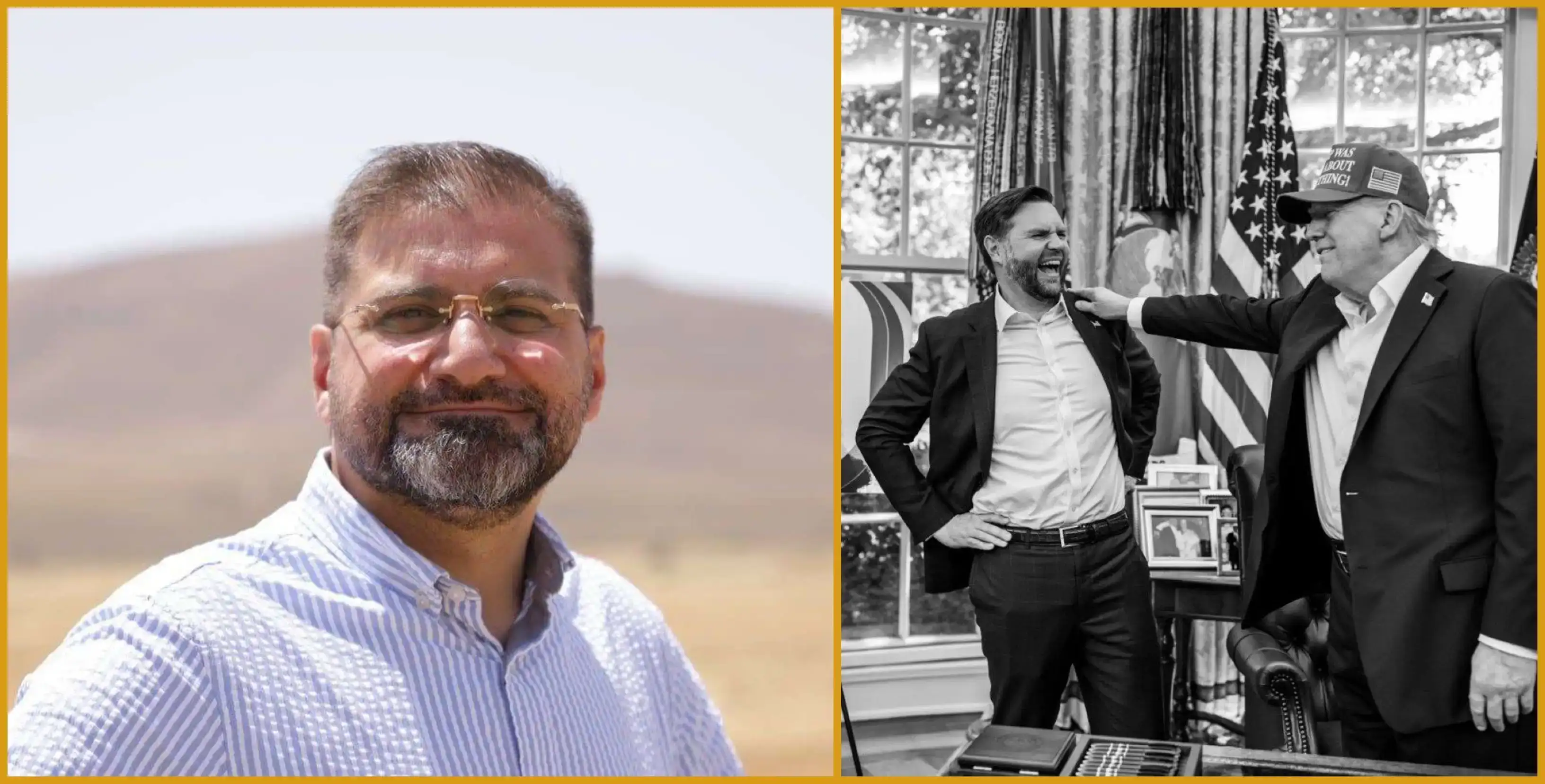The Euronews TV company recently interviewed the leaders of Armenia and Azerbaijan, asking both of them the same questions.
And here, the President of Azerbaijan, Ilham Aliyev, speaking about Nagorno-Karabakh, announced, "People who live in Karabakh, which Russian peacekeepers temporarily control, are in Azerbaijan and have to make a choice. Stay here and live as our citizens with the status of an ethnic minority (of which there are many in our country), or leave."
In addition, in response to the question of sending a message to the Armenian society, he stated: "Armenians of Karabakh should understand that being a part of Azerbaijan's society, receiving security guarantees and educational, cultural, religious, and municipal rights, they will have a normal life."
After this interview with Aliyev, we came across another interview he gave to "Euronews" on the Internet, this time in 2011 (it was published on June 24, 2011; before that, a tripartite meeting was held in Kazan, and a joint statement was adopted). And here, in the interview given 12 years ago, Aliyev's rhetoric was utterly different. Speaking about giving autonomy to NK Armenians in exchange for the return of territories, Aliyev said that he had stated more than once that they are ready to guarantee the broadest independence possible in the world to NK Armenians and returnees. As for what kind of autonomy we are talking about, Aliyev explained that it is a subject of negotiations, "We think it will be broad autonomy. The example of autonomy in Europe can help us."
Just 12 years ago, Azerbaijan was at least publicly ready to give the most considerable autonomy to Nagorno-Karabakh, but today there is no mention of any status. Moreover, it is claimed that those who don't want to can leave the area.
This change in Aliyev's rhetoric is understandable if we consider the results of the 2020 war. After the defeat of the 44-day war, even now, in this whirlwind of geopolitical events, nothing else can be expected. Meanwhile, just a few years ago, Azerbaijan was ready to make certain concessions as long as it was possible to compromise. And later, Azerbaijan did not agree with them either, ensuring that the problem could be solved through military operations, after which the NK issue would be closed. By the way, in 2011, in an interview, he pointed out that their military budget exceeds the entire state budget of Armenia.
However, we remembered all this in a completely different context. The time factor is significant in politics. What is possible today may not be possible tomorrow. In this regard, the best wording of the first president of Armenia, Levon Ter-Petrosyan, is "War or peace? The moment to get serious," the article in which it is said: "Besides the essence of compromise, the moment of compromise is also important. It is obvious that in the case of compromise, the stronger side has the opportunity to obtain the maximum available. Today, Armenia and Karabakh are stronger than ever, but if the conflict is not resolved, they will become much weaker in a year or two. What we refuse today, we will ask for in the future, but we will not receive, as has happened many times in our history."
Already in 2021, in an interview given to Public TV, Ter-Petrosyan commented: "We lost because we couldn't understand the flow of time. Time is of the essence in politics. One thing we could do at one moment, there is no guarantee that we will be able to do it at the next moment. We didn't feel that; our authorities didn't feel that moment."
The situation created in Nagorno-Karabakh, and the changed rhetoric of Azerbaijan is the best proof of this claim, a brilliant textbook example of how, when rejecting the possible and striving for the maximum, you lose everything very quickly. A better example is perhaps difficult to find. But this is precisely what Armenian social and political thought has yet to manage to understand, both in 1920 and today, 100 years later.
And that is why adventure won over realism.




